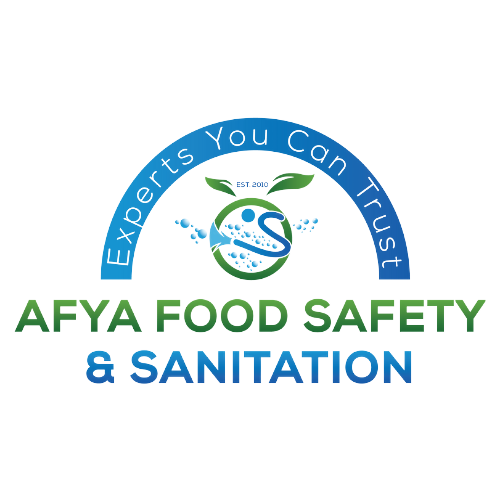
Please Wait For Loading

Please Wait For Loading
Maryland, MD USA
+1 (443) 666-9132
info@afyafoodsafety.com
Opening Hours: 9:00 AM - 5:00 PM
Copyright ©Afya Food Safety all rights reserved.
You can also reach us via Phone: +1 443 666 9132 or via Email:info@afyafoodsafety.com
Air Quality Management: A Crucial Element in Ensuring Food Safety and Sanitation
In the intricate dance of food safety and sanitation, air quality management is often overlooked, yet it’s a fundamentally important factor. The air we breathe may not be tangible, but its impact on the safety and quality of food products is real. Let’s explore the profound relationship between air quality management and food safety and sanitation, highlighting the critical role that proper air management systems play in upholding industry standards and consumer well-being.
The Silent Threat in The Air
Airborne contaminants might be invisible to the naked eye, but their potential to wreak havoc on the integrity of food products is undeniable. Pathogens, allergens, dust, and particulates are among the many impurities that can hitch a ride on the air currents within food manufacturing facilities. Without effective air quality management, these contaminants have the potential to cross-contaminate, compromise product quality, and even pose health risks to consumers.
Ventilation Systems – The Guardians of Air Quality
Ventilation systems are the unsung heroes of air quality management in food manufacturing facilities. These systems are designed to capture, filter, and circulate air, removing contaminants and maintaining optimal environmental conditions. Here’s how they contribute to food safety and sanitation:
Ventilation systems efficiently filter out airborne particles, preventing them from settling on surfaces or getting into products.
Controlled air circulation helps regulate temperature and humidity, mitigating conditions favorable to microbial growth and spoilage.
Some food processing activities can produce strong odors that linger in the air. Proper ventilation disperses these odors, ensuring they don’t affect the overall production environment.
Why Monitor and Maintain Air Quality?
Regular air quality monitoring and maintenance are essential to ensure ventilation systems continue to function optimally. Some key aspects include:
A Safer Future Through Air Quality Management
In the grand tapestry of food safety and sanitation, air quality management is a thread that must not be ignored. By investing in effective ventilation systems, consistent monitoring, and regular maintenance, food manufacturing facilities can safeguard their products, their reputation, and the health of consumers. As industry standards continue to evolve, embracing air quality management is not just a smart strategy—it’s a commitment to delivering safe, high-quality food products and contributing to a safer and healthier food supply chain.
Related Posts
Categories
Antibiotic Resistance: A Growing Threat to Food Safety
April 17, 2025Understanding Cross-Contamination: A Major Food Safety Risk
March 31, 2025Calender